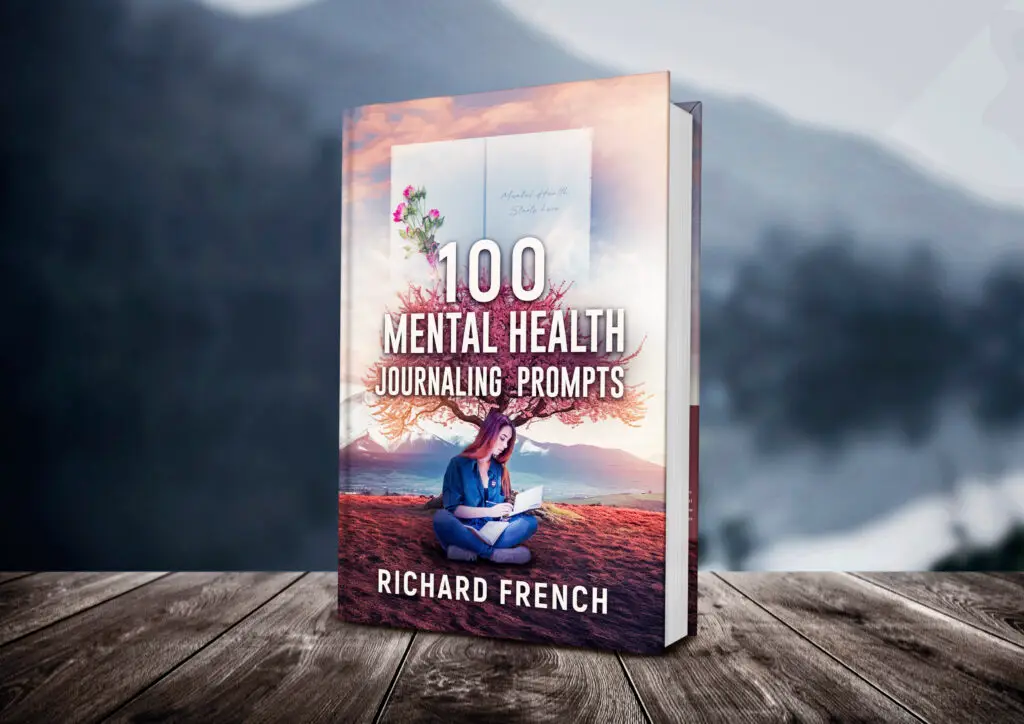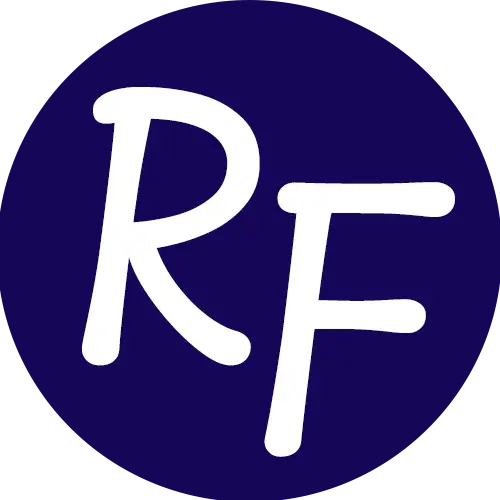When I first discovered James Pennebaker’s groundbreaking research on therapeutic writing, I felt like I’d found a missing piece of the mental health puzzle. Here was solid, peer-reviewed evidence that something as simple as putting pen to paper could create measurable improvements in emotional well-being. But as I dove deeper into the research, I realized there was a significant gap between what scientists had discovered and what was actually available to people who needed these tools. That gap became the inspiration for “100 Mental Health Journaling Prompts.”
The Problem with Generic Self-Help
Walk into any bookstore and you’ll find shelves of journaling books filled with vague prompts like “How are you feeling today?” or “What are you grateful for?” While well-intentioned, these approaches often miss the specific, evidence-based techniques that research shows actually work for mental health challenges. Effective mental health journaling requires more than good intentions—it needs scientific backing.
I’ve seen too many people try journaling, give up when it doesn’t help, and conclude that writing “just isn’t for them.” The truth is, they may have been using the wrong approaches for their specific needs. Someone managing anxiety benefits from different writing techniques than someone processing grief. A person in crisis needs different support than someone working on general emotional wellness.
What the Research Really Shows
After reviewing 146 studies involving over 20,000 participants, several crucial patterns emerged:
Structure matters. Free-form writing can sometimes increase rumination, especially for people with anxiety or depression. Structured prompts provide guidance that helps people explore emotions safely while building genuine insight.
Safety is paramount. Therapeutic writing can bring up intense emotions. Without proper protocols, well-meaning journaling can sometimes do more harm than good, particularly for people with trauma histories or severe symptoms.
One size doesn’t fit all. Different mental health challenges respond to different approaches. CBT-based prompts help with anxiety, DBT techniques support emotional regulation, and trauma-informed approaches are essential for processing difficult experiences safely.
Professional integration enhances outcomes. The most powerful results come when therapeutic writing complements professional mental health care rather than replacing it.
Building a Better Approach
These insights shaped every aspect of how I designed this book. Instead of generic prompts, I created four distinct categories based on different needs and timeframes:
Daily Foundation Prompts offer gentle, evidence-based check-ins that build emotional awareness without overwhelming anyone. These seven rotating prompts help you notice patterns and stay connected to your mental health needs.
Weekly Reflection Prompts provide that crucial step back to see larger patterns. These thirteen prompts help you understand how daily experiences connect into meaningful themes that can guide your mental health care.
Monthly Deep Dives create space for the kind of comprehensive exploration that leads to lasting insight. These fifteen prompts invite you to examine core beliefs, long-term patterns, and the deeper currents of your emotional life.
Situational Prompts serve as immediate support for specific challenges. When anxiety strikes, when depression visits, when stress feels overwhelming—these sixty-five prompts offer targeted, evidence-based guidance for exactly what you’re experiencing.
Safety Without Barriers
One of my biggest concerns was making these tools accessible while maintaining appropriate safety. Mental health journaling can be incredibly powerful, which means it requires thoughtful approach. Unlike casual journaling, mental health journaling follows specific protocols designed to protect emotional well-being.
I’ve included comprehensive safety protocols throughout the book, clear contraindications for when professional help is needed instead, warning signs that require immediate intervention, and extensive resources for finding appropriate professional support.
The goal isn’t to create barriers but to ensure that everyone gets the right level of care for their specific situation. Sometimes that’s self-guided writing, sometimes it’s professional therapy, often it’s a thoughtful combination of both.
What You Can Realistically Expect
I want to be completely honest about what therapeutic writing can and cannot do. This isn’t a miracle cure that will eliminate mental health challenges overnight. What it offers is:
- Evidence-based tools you can access anytime, anywhere
- Gentle guidance for processing emotions safely
- Pattern recognition that helps you understand your mental health better
- Complement to professional treatment that can enhance therapy and medical care
- Long-term skills for emotional regulation and stress management
Research shows that about 7 out of 10 people who engage in structured therapeutic writing experience meaningful benefits. For anxiety, symptoms may improve by about 9%. For trauma-related conditions, about 8 out of 10 people show significant improvement when proper safety protocols are followed.
These aren’t dramatic transformations, but they represent real relief that can make a meaningful difference in daily life.
The Personal Connection
Writing this book also brought me closer to understanding the real impact of these tools through working with a close friend who was navigating their own mental health challenges. As I developed prompts for anxiety, I watched them recognize patterns they’d never noticed before. While creating exercises for emotional regulation, I saw firsthand how structured approaches could provide stability during difficult periods.
This isn’t just academic work for me—it’s deeply personal. I believe that everyone deserves access to evidence-based tools for mental wellness, and that healing happens when we meet ourselves with curiosity and compassion rather than judgment and criticism. That’s why I’ve also created extensive resources on therapeutic writing at journalinginsights.com, where you can find detailed articles on various aspects of mental health journaling, from beginner techniques to advanced mental health journaling strategies.
A Tool, Not a Cure
“100 Mental Health Journaling Prompts” represents my attempt to bridge the gap between scientific research and practical application. It’s designed to be a valuable tool in your mental health toolkit—alongside professional support when needed, complementing medication when appropriate, and supporting the ongoing work of understanding and caring for your emotional well-being.
The book is available now on Amazon. But more importantly, I hope it represents a step toward a world where evidence-based mental health tools are accessible to everyone who needs them.
Because your mental health matters. And sometimes, the path toward healing begins with the simple courage to meet yourself honestly on the page.
If you’re currently experiencing thoughts of self-harm or are in mental health crisis, please reach out for immediate professional support:
- National Suicide Prevention Lifeline: 988
- Crisis Text Line: Text HOME to 741741
- Your local emergency services: 911
Get your copy: “100 Mental Health Journaling Prompts” is available on Amazon
Learn more: Visit journalinginsights.com for extensive articles and resources on mental health journaling, including comprehensive guides to evidence-based mental health journaling techniques.






